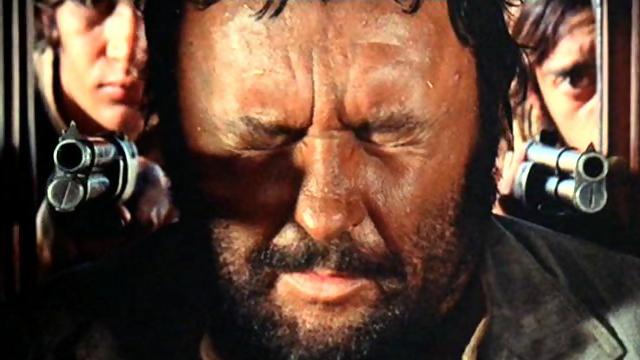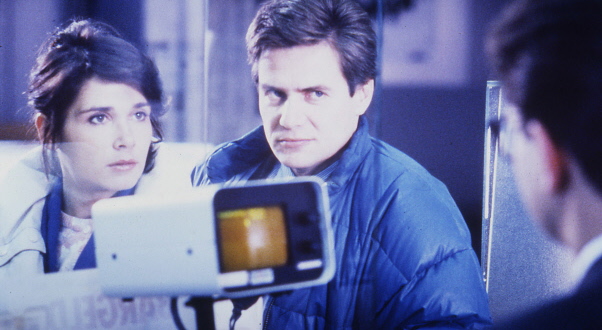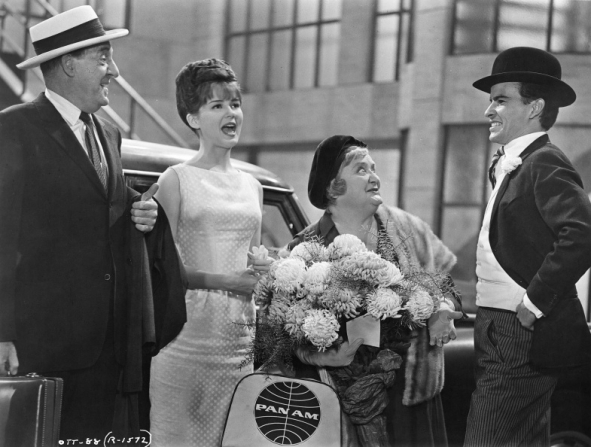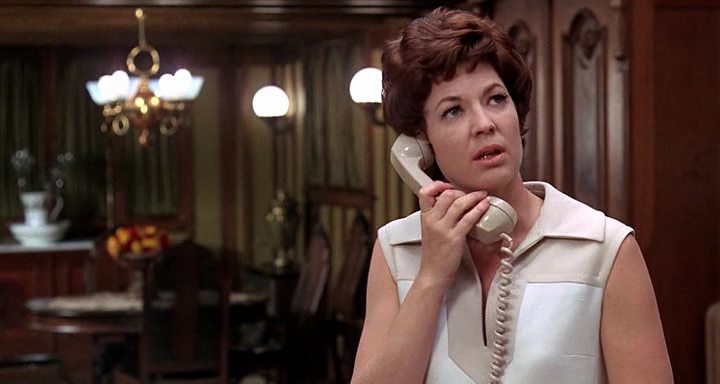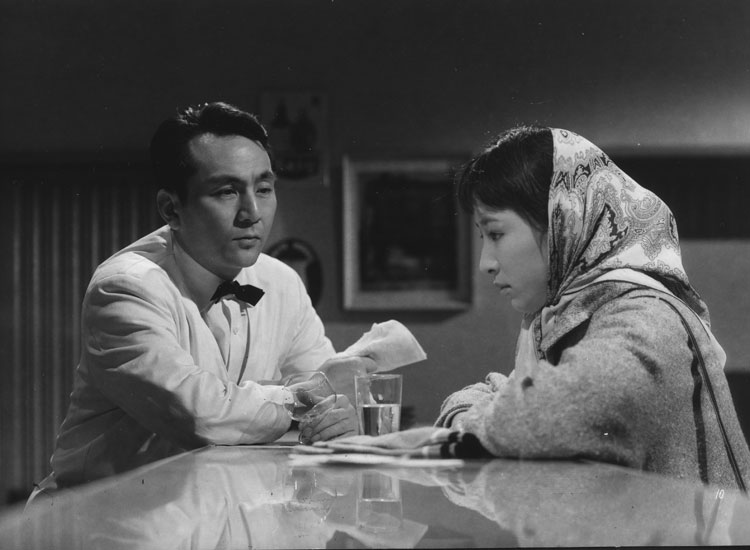Managing to direct just one brilliant film is an impressive feat. It is obvious, then, why certain directors are held in such high regard, accumulating a multitude of films to their name that have reached audiences and critics alike. Some directors produce nothing but quality, as was the case for Kubrick and Tarkovsky. Others, however, have had their burst of greatness stifled and outweighed by mediocrity, evident in the oeuvre of Francis Ford Coppola and Guillermo del Toro.
There is a third category of directors who make great films, though not without the occasional misstep. These are the directors who have made good films, bad films, great films and absolute disasters; they experiment and try to find themselves as directors in all forms of films. For this reason, it is common for these directors to have overlooked films, usually in a divergence from their typical style that disappointed fans and critics.
To qualify for this list, the directors must have an influential name in the cinematic world, whether commercially or critically. The films on this list are personal projects, debut features or simply explorations of the unexpected, and every single entry is a work of quality.
These are the under appreciated, unrecognised films.
1. Much Ado About Nothing by Joss Whedon
The films, “The Avengers” (2012), “Serenity” (2005) and even “The Cabin in the Woods” (2012) spring to mind when Joss Whedon’s name arises in conversation. A master of commercial filmmaking, some have faulted Whedon for being too conventional and obedient to formula and audience expectations. However, having managed to break box-office records time and again, Whedon’s films are often celebrated for their originality and accessibility.
One of his less mainstream affairs, “Much Ado About Nothing” (2012), presents Shakespeare’s serpentine tale of love and deception in modern times. Honest, raw and quaint, Whedon’s film is considered to be a brief divergence from his otherwise ostentatious, commercial filmography. On top of that, many believe it to be his greatest accomplishment as a director, Christopher Schobert of Indiewire opining it to be “Whedon’s most emotionally resonant and fully realised feature film to date”.
2. Jacquot de Nantes by Agnès Varda
Sometimes touted as the greatest female director in cinematic history, and often cited as one of the key influences of the French New Wave, Agnès Varda is an unforgettable force in filmmaking. Her most renowned film is “Cleo From 5 to 7” (1962), which explores the role of women in French society by giving a two hour insight into the life of a moderately successful singer, Cleo. Varda also gave the world “Vagabond” (1985),
Screened out of competition at the 1991 Cannes Film Festival, “Jacquot de Nantes” (1991) is a charming gem of French cinema, based on the memoirs of a fellow auteur and Varda’s deceased husband, Jacques Demy. The two hour film details the exploits of the young Demy in his journey to becoming a director, with an inborn fondness for the silver screen. It has received an 80% approval rating on review website Rotten Tomatoes, with an Average Rating of 7.3/10, an admirable score.
3. Duck, You Sucker by Sergio Leone
Sergio Leone never had a particular affinity for the western genre, planning on making his “Man With No Name” trilogy, concluding in 1966, and then moving onto the gangster epic “Once Upon a Time in America”, which would eventually be completed in 1984.
Producers had other plans for Leone, making him complete “Once Upon a Time in the West” (1968) instead, not allowing Leone to branch out to other genres. Nonetheless, all of his western films have become classics in their own right, as has his gangster epic “Once Upon a Time in America”. Even Leone’s planned war film about the Siege of Leningrad has received remarkable coverage by cineastes everywhere.
One film of Leone’s, “Duck, You Sucker” (1971), was originally to be helmed by Peter Bogdanovich, and then by Sam Peckinpah. Both of these plans fell through, and Leone was forced to direct one final western after “Once Upon a Time in the West”. Despite Leone’s urgency to distance himself from the western genre and his chagrin at his association with it, the final film is an overlooked work of excellence, named “wholly wonderful” by Time Out magazine, and “under valued” by Urban Cinephile critics.
Set on the backdrop of the Mexican Revolution, the film is about a pair of contrasting criminals who develop an unlikely friendship, all the while fighting, looting and bullet-shooting. By far and away Leone’s most frenetic film, “Duck, You Sucker” deserves a viewing by any film aficionado.
4. The Seventh Continent by Michael Haneke
There are few directors who can polarise an audience like Michael Haneke can. There are few directors who can measure the effectiveness of their film by how many people walk out of each screening, yet still retain intellectual credibility.
Haneke’s “Funny Games” (1997) was a scathing castigation of typical onscreen portrayals of violence, inspired by “Pulp Fiction” (1994) and its trivial, jovial depiction of violence. Haneke found more unanimous lauding with his seminal “Caché” (2005), which used more subtlety than previously employed in Haneke’s films. His next two hits were “The White Ribbon” (2009) and “Amour” (2012), both slow moving and uncomfortable films.
Before Haneke was Haneke, he made “The Seventh Continent” (1989), setting a tone that would encapsulate his unsettling career. The film is about a family disintegrating at a gradual pace, coming across small upsets and minor tragedies. The film arrives at a shocking conclusion that makes sense, but is unexpected and harrowing nonetheless.
Receiving moderate acclaim upon release, Haneke’s film was never bound to be a widespread success. His unforgettable voice in cinema was a surprise to audiences and critics alike, only coming to acquire his taste over the next few decades. The film is now an essential fragment in Haneke’s mosaic of broken people.
5. One, Two, Three by Billy Wilder
Another prolific director, Billy Wilder made his major first impact with the now legendary film noir “Double Indemnity” (1944), following it up with the similarly themed “The Lost Weekend” (1945). Not one to be pigeonholed, Wilder soon directed the massively acclaimed “Sunset Blvd” (1950), a film detailing the perils of fame and fading celebrity.
In an even more radical change, Wilder switched to writing and directing comedy films, among them “Some Like it Hot” (1959), and “The Apartment” (1960). The most impressive feat of Wilder’s was to remain absolutely distinctive in his style, despite such dramatic changes in the content of his films.
Other than his major films, Wilder had many lesser known efforts, seldom achieving commercial success or critical praise for any of these. However, in 1961, on the heels of “The Apartment” (1960), Wilder once more made a transformative turn for the film “One, Two, Three”, opting to meld his comic expertise with his dramatic flair.
The result is a political satire about a Coca-Cola employee who must quash the impending marriage between his boss’s daughter and a communist. Some found the film offensive and brusque, though over time it has garnered critical fascination and positive appraisal.
6. Taking Off by Miloš Forman
Most well known for his works in the U.S., Miloš Forman came to international prominence with the films “One Flew Over the Cuckoo’s Nest” (1975) and “Amadeus” (1984), both winning big at their respective Academy Awards ceremonies.
Before these brilliant endeavours, Forman was making caustic satires in his home country, Czechoslovakia, being at the head of the Czechoslovak New Wave in cinema. Perhaps his most recognised effort in this time period is “The Fireman’s Ball” (1967), a humorous allegory and condemnation of Eastern European communism. “Loves of a Blonde” (1964) is also a popular early film of Forman’s.
When Forman first made the move to the U.S., he was not so well received. Despite winning the Grand Prix at Cannes in 1971, “Taking Off” was not immediately popular with audiences, and faded rapidly with critics. Featuring a girl running away from home, “Taking Off” deals with her parents’ initial search and eventual resolution to reliving their glory days without the hassle of children. Vadim Rizov of Village Voice even opined the film to be Forman’s “best film in and about America”.
Achieving a 100% approval rating on Rotten Tomatoes with an Average Rating of 7.7/10, the film is an under-appreciated farce with stylistic origins in the Czechoslovak New Wave.
7. Tokyo Twilight by Yasujirō Ozu
Most famous for his morose tales, “Late Spring” (1949), “Early Summer” (1951) and “Tokyo Story” (1953), Yasujirō Ozu’s films often rely heavily on morality, enabling Ozu to reach an intense level of melancholy throughout his filmography. His films generally dealt with generational transitioning and familial relationships, and were known for being poetic and restrained. Ozu’s name will go down in history as one of the all time greats in cinema, adroit and prescient when behind the camera.
Ozu’s final black-and-white film, “Tokyo Twilight” (1957), is about a family’s relationship togetherness tearing at the seams. A marked change from the director’s typical subtlety, this film is a melodramatic and brooding affair. Richard Brody of The New Yorker noted it being “turbulent and grim”, and Jeffrey M. Anderson of Combustible Celluloid called it “Ozu’s darkest, most pessimistic film”.
Still retaining emotional depth, the film is not entirely a departure from Ozu’s oeuvre, though audiences were not so accepting of such a bleak film. Now some consider it to be “one of his best” (Fred Camper, The Chicago Reader).
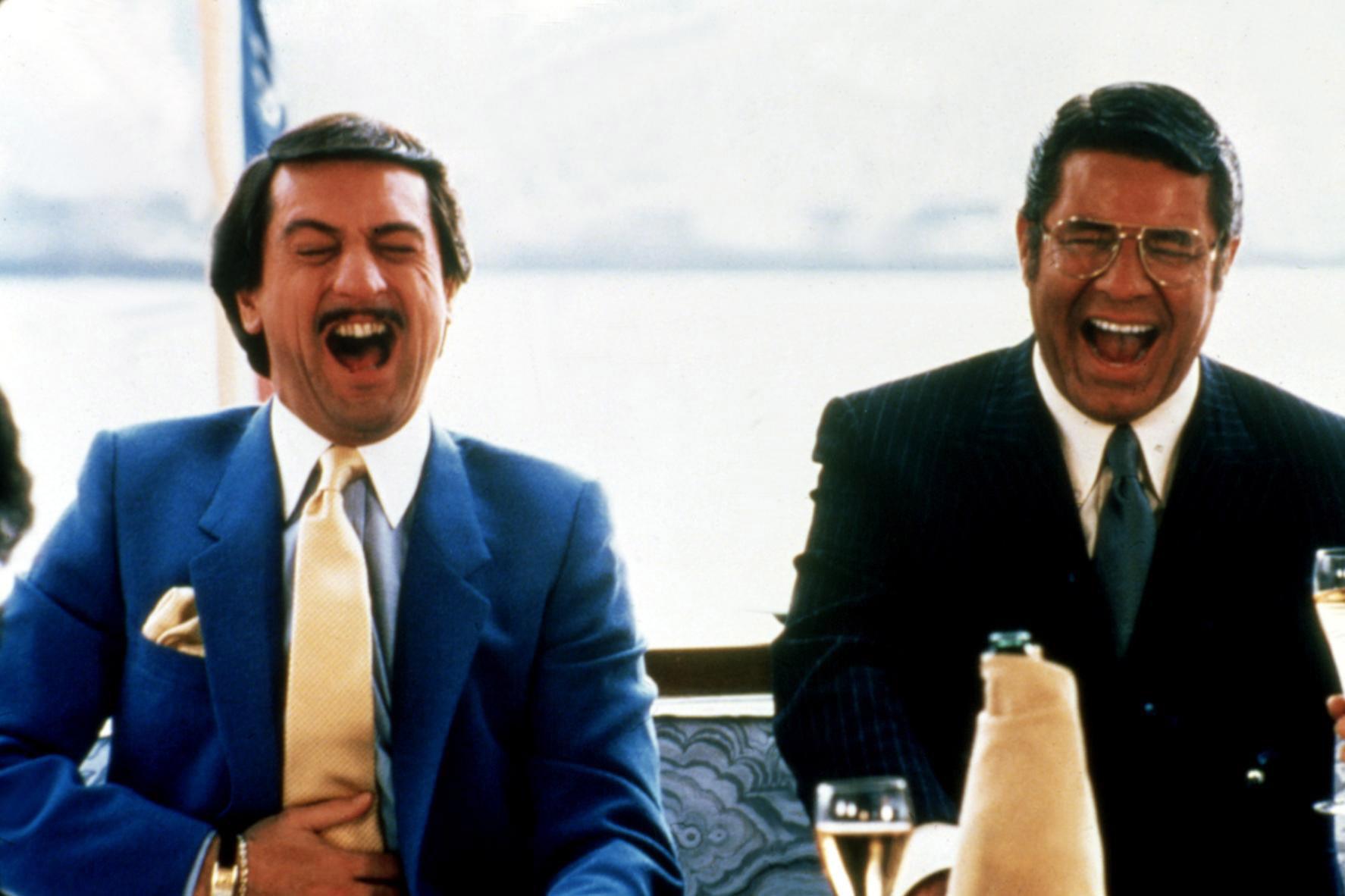

![JACQUOT DE NANTES [FR 1991] PHILIPPE MARON](https://www.tasteofcinema.com/wp-content/uploads/2015/07/Jacquot-de-Nantes.jpg)
